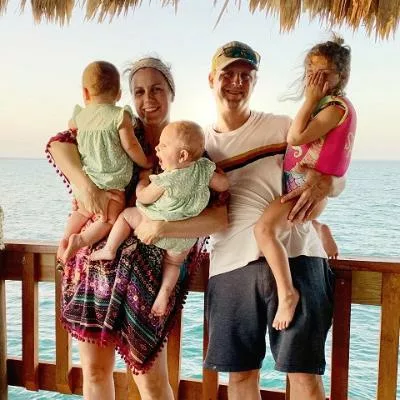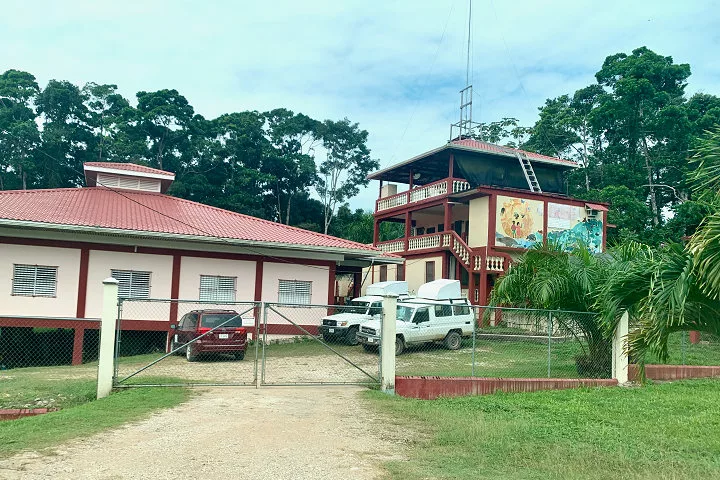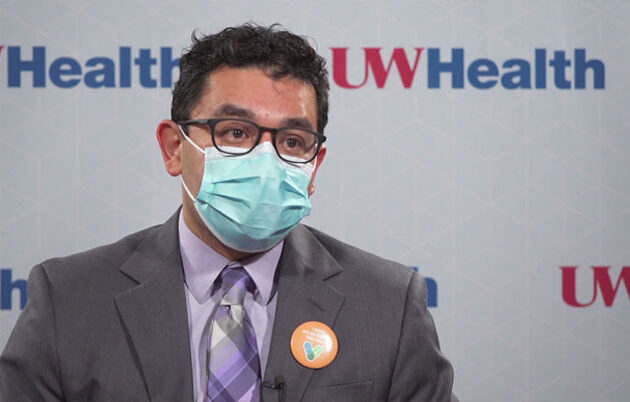He achieved this using his established networks of physical therapy professionals, word of mouth, the internet, and social media. Hartman delved into learning all he could about local physical therapists’ background and training, the services they provide, and the challenges and barriers they face. He also contacted leaders of Belizean organizations that provide resources for people with disabilities, as well as members of the country’s ministry of health and other governmental departments.
“There are also global organizations devoted to physical therapy that had no idea of the scope of practice in Belize, so I made contacts with them and offered to share my data,” Hartman says. “It was very helpful for them to be able to map out at a regional level what is going on in the country. It was exciting to be able to contribute to their work as well.”
Hartman’s project also had an educational aim. He worked with the University of Belize to propose curriculum changes so that all nurses, teachers, and social workers have a better understanding of the challenges faced by those with disabilities.
Hartman says the biggest impact of his work was being able to connect Belizean physical therapists with one another, which sparked an unofficial Belize physical therapy association that they hope to formalize in the future.
“They can begin to refer patients to each other and form a community,” he explains. “We’ve stayed in touch ever since. To me, it’s one of the most beneficial things I facilitated in Belize.”
His stay in Belize was supposed to last until the middle of May 2020, but the COVID-19 pandemic forced a return to the United States in March. He was unable to complete the last part of his project, which was to distribute his findings across the country. He had planned talks at embassies and had booked segments on morning news shows.
Although he was disappointed to leave early, he feels proud of his positive impact and believes the country will benefit even more from Belizean practitioners being the face of physical therapy in the country. He has disseminated his report and, along with colleagues in Belize, is publishing two articles in regional peer-reviewed medical journals in Belize. He has also been able to present findings virtually at conferences based in Wisconsin, Orlando, and Dubai.
Throughout his career and time abroad, Hartman says his perspective has evolved on his role as a health care professional applying his skills and perspective as a guest in another country, coming to grips with the limitations imposed by his own biases.
“I will admit that when I started I felt like I was the savior who had this knowledge and skills these people needed,” he says. “I’ve since learned and observed how very dangerous that can be for many reasons. I’ve worked, and am still very much working, to change my perspective. I have learned a lot about the ethics of global health, development, social justice, and health equity. Because I’ve seen the damage that can be done, I also work to teach my students the same lessons. I’d love to help others who are interested in [pursuing] a Fulbright and doing this kind of work.”



